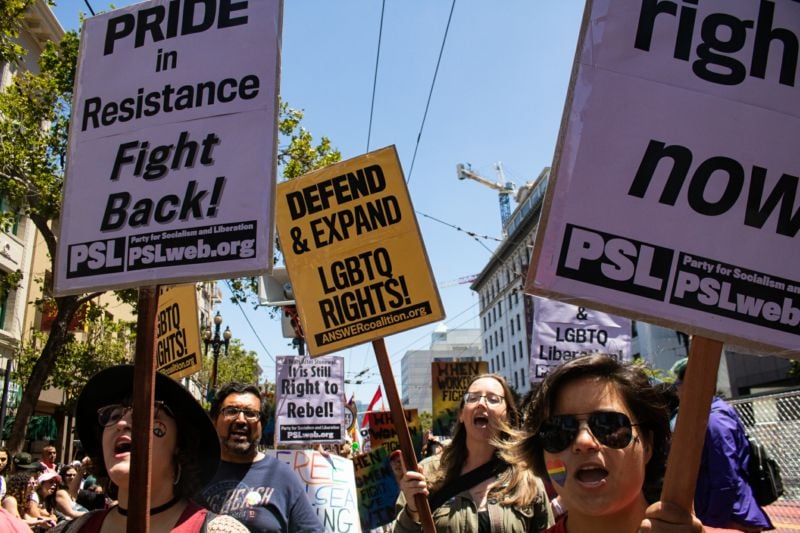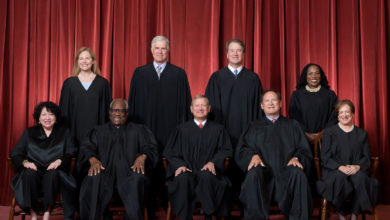Today marks the beginning of the confirmation hearings of President Trump’s nominee Judge Amy Coney Barrett before the Senate Judiciary Committee headed by Republican Lindsey Graham. This nomination for the Supreme Court position, recently vacated by the late Justice Ruth Bader Ginsburg, comes less than a month away from the presidential election and a potentially momentous ruling on the future of the Affordable Care Act. Barrett’s ascension to the court could lock in an extreme right wing majority for a generation.
Barrett’s hearings are expected to last for four days, and will feature statements from Judiciary Committee members followed by an opening statement from Barrett. Following the statements, senators will question Barett about her prior rulings and her positions on a host of political and social issues. Approval by the Judiciary Committee sends the nomination to the whole Senate, whose vote allows for her formal appointment to the Supreme Court.
Barrett’s opening statement for the hearings presents her faith and family as the cornerstone of her beliefs. She also describes that late Justice Anton Scalia’s “[devotion] to his family, [resoluteness] in his beliefs, and fearlessness of criticism” shaped her perspective and politics. Scalia, who Barrett clerked for, was among the most ultra conservative members of the court and is revered in far right circles.
Barrett argued that, “a judge must apply the law as written, not as the judge wishes it were. Sometimes that approach meant reaching results that he did not like. But as [Scalia] put it in one of his best known opinions, that is what it means to say we have a government of laws, not of men.” This noble sounding rationale allows judges like Scalia and Barrett to rule in such a way that rolls back the progressive laws and hard-won rights, all while pretending to be a neutral and impartial servant of the law.
Barett’s past rulings as a judge shows her determination to uproot the lives of immigrants, working class people, victims of police brutality and prisoners. In the Yafai-Ahmad case, an American citizen’s wife and children were prevented from entering the country because of an unfounded lie told by a consular officer. Barrett ruled that despite the lie, the consular officer had total authority in the matter. The other judges who presided over this case as a panel have called her decision as “unworthy of this country.”
Furthermore, Barrett has opposed women’s rights to abortion and contraception. In 2006, Barrett signed on to a “citizens of Michiana” ad which called for “an end to the barbaric legacy of Roe v. Wade and restore laws that protect the lives of unborn children.” She further criticized the Affordable Care Act (ACA) mandate for employers to make birth control accessible. Her appointment to the Supreme Court jeopardizes not only the existence of Roe v. Wade, but women’s reproductive rights in other areas as well.
With Barrett’s nomination locking in an overwhelming majority for the far right, the Supreme Court’s primary role as a backstop for the status quo that stands in the way of progressive reform is becoming even clearer. The very existence of this undemocratic institution where the president and the Senate make lifelong appointments to an institution with final authority over the law needs to come to an end.





